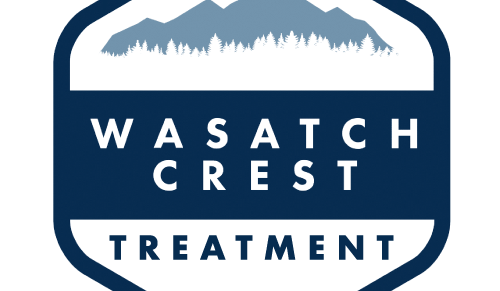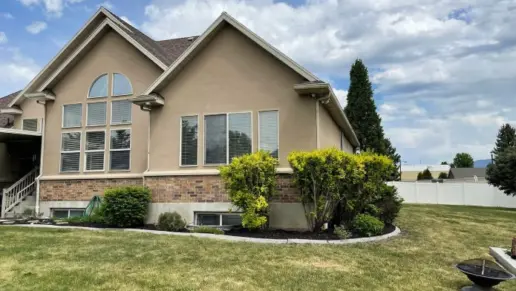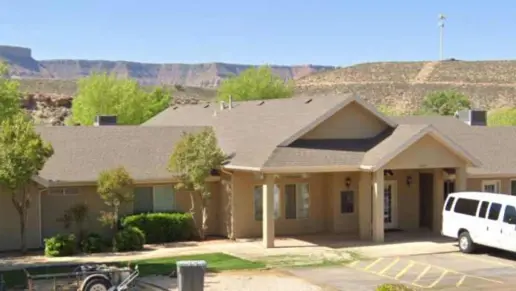This is the right place for people who are going through a crisis, the staff of this center did everything possible to help me from the first day I visited them. They helped me to have confidence in myself again and they gave me hope to have a better future, I am eternally g ...
About Second Nature Family Therapy
Second Nature Family therapy is a wilderness therapy program for teenagers in Duchesne, Utah. It’s basically a camp for adolescents who have behavioral health issues, including substance abuse, mental health issues and behavioral problems. You might also hear the terms outdoor adventure therapy and nature based therapy.
During their time here, your child will have traditional therapy like group counseling and individual therapy for their addiction and other behavioral health needs. But they’ll also use nature as a learning and growth experience. They’ll spend time in outdoor activities like hiking and learn outdoor skills while also using these activities as therapeutic and confidence building experiences.
This treatment center combines evidence based techniques like cognitive behavioral therapy and psychodynamic therapy with holistic treatments like mindfulness and outdoor therapy for a well rounded experience. Your child will receive treatment while also learning life skills and independence as well as gaining a sense of accomplishment and confidence.
Some clients report that the experiences here were not very therapeutic. However, there are also plenty of clients and parents who say they were happy with the results here. It’s always a good idea to look further into the practices and strategies used by a facility to determine if it’s a good fit for your needs.
Rehab Score
Gallery
Location
Other Forms of Payment
Self-pay involves paying for treatment out of your own pocket. You can use savings or credit, get a personal loan, or receive help from family and friends to fund your treatment. If you don't have insurance or your insurance plan doesn't cover a specific program, self-pay can help ensure you still get the care you need.
Private insurance refers to any kind of healthcare coverage that isn't from the state or federal government. This includes individual and family plans offered by an employer or purchased from the Insurance Marketplace. Every plan will have different requirements and out of pocket costs so be sure to get the full details before you start treatment.
Addiction Treatments
Levels of Care
Treatments
The goal of treatment for alcoholism is abstinence. Those with poor social support, poor motivation, or psychiatric disorders tend to relapse within a few years of treatment. For these people, success is measured by longer periods of abstinence, reduced use of alcohol, better health, and improved social functioning. Recovery and Maintenance are usually based on 12 step programs and AA meetings.
When you enter a drug rehab in Utah, the process usually involves four stages: treatment initiation, early abstinence, maintaining abstinence, and advanced recovery. Treatment methods can rely on medications, counseling, or both, in either an outpatient or inpatient setting.
Many of those suffering from addiction also suffer from mental or emotional illnesses like schizophrenia, bipolar disorder, depression, or anxiety disorders. Rehab and other substance abuse facilities treating those with a dual diagnosis or co-occurring disorder administer psychiatric treatment to address the person's mental health issue in addition to drug and alcohol rehabilitation.
A combined mental health and substance abuse rehab has the staff and resources available to handle individuals with both mental health and substance abuse issues. It can be challenging to determine where a specific symptom stems from (a mental health issue or an issue related to substance abuse), so mental health and substance abuse professionals are helpful in detangling symptoms and keeping treatment on track.
Opioid rehabs specialize in supporting those recovering from opioid addiction. They treat those suffering from addiction to illegal opioids like heroin, as well as prescription drugs like oxycodone. These centers typically combine both physical as well as mental and emotional support to help stop addiction. Physical support often includes medical detox and subsequent medical support (including medication), and mental support includes in-depth therapy to address the underlying causes of addiction.
Programs



Clinical Services
Therapists may use cognitive behavioral therapy (CBT) in Utah to address substance use and mental health disorders. The main focus is to change thinking patterns, which leads to behavioral change. Subtypes of CBT include exposure therapy, dialectical behavior therapy, and acceptance commitment therapy.
Group therapy is any therapeutic work that happens in a group (not one-on-one). There are a number of different group therapy modalities, including support groups, experiential therapy, psycho-education, and more. Group therapy involves treatment as well as processing interaction between group members. The facility provides Milan group, this form of group therapy was derived from a therapeutic school in Italy renowned for its effective intervention techniques, including one where clients listened behind a one-way mirror as the therapists discussed their case. At Second Nature, Milan Group includes staff both entering and leaving the field at the culmination of the week for a full exchange of information about the student. Feedback and narratives for each of the students are presented with students listening. Student participation varies as appropriate. A Standing Group is a spontaneous group called by any student, therapist or Field Instructor. This is usually a short ,while everyone is standing in a circle, exchange where emotions are appropriately expressed and peers practice reflecting another's perspective without judgment. Interpersonal problem-solving skills are developed.
In individual therapy, a patient meets one-on-one with a trained psychologist or counselor. Therapy is a pivotal part of effective substance abuse treatment, as it often covers root causes of addiction, including challenges faced by the patient in their social, family, and work/school life. The therapist conducts a formal individual session each week ,1-2 hours, with each student. Family letters the staff report for the week, historical issues, and in-the-moment issues are discussed. The therapist usually invites the Field Instructor assigned to supervise the child for the week into the session. The therapist updates the student’s treatment plan with written notes, assignments, and themes for the following week.
The foundation of motivational interviewing in Utah rests on four pillars: partnership, evocation, acceptance, and compassion. The therapist collaborates with the client, encouraging them to explore their options and make informed decisions about making changes in their lives.
Couples at any stage of their relationship may benefit from couples therapy in Utah. It is designed to keep relationships on the right path by teaching both partners healthy forms of communication and conflict resolution.
Research clearly demonstrates that recovery is far more successful and sustainable when loved ones like family members participate in rehab and substance abuse treatment. Genetic factors may be at play when it comes to drug and alcohol addiction, as well as mental health issues. Family dynamics often play a critical role in addiction triggers, and if properly educated, family members can be a strong source of support when it comes to rehabilitation.
Life skills trainings involve all the skills a person must have in order to function successfully in the world. These include time management, career guidance, money management, and effective communication. Truly successful addiction recovery is based on the ability to not only live substance-free, but to thrive. Life skills teaches the practical necessities of functioning in society, which sets clients up for success in life, and therefore sobriety.
Active addiction can quickly lead to malnutrition. This makes recovery even harder because your body doesn't have the nutrients it needs to function. During nutrition therapy, you'll learn about the effects of substance use on the body, how food can help your mental health, and how to maintain a nutritious diet.
Recreational therapy helps you in your addiction recovery program by improving your overall well being. Activities can include sports, music, and nature excursions that give you positive experiences, reduce your cravings, and offer the opportunity to reduce your stress. These aid in your addiction recovery.
Experiential therapy is a form of therapy in which clients are encouraged to surface and work through subconscious issues by engaging in real-time experiences. Experiential therapy departs from traditional talk therapy by involving the body, and having clients engage in activities, movements, and physical and emotional expression. This can involve role-play or using props (which can include other people). Experiential therapy can help people process trauma, memories, and emotion quickly, deeply, and in a lasting fashion, leading to substantial and impactful healing.
Amenities
-
Yoga Studio
-
Private Rooms
-
Hiking
-
Spa
-
Mountain Views
-
Gardens
-
Walking Trails
Staff
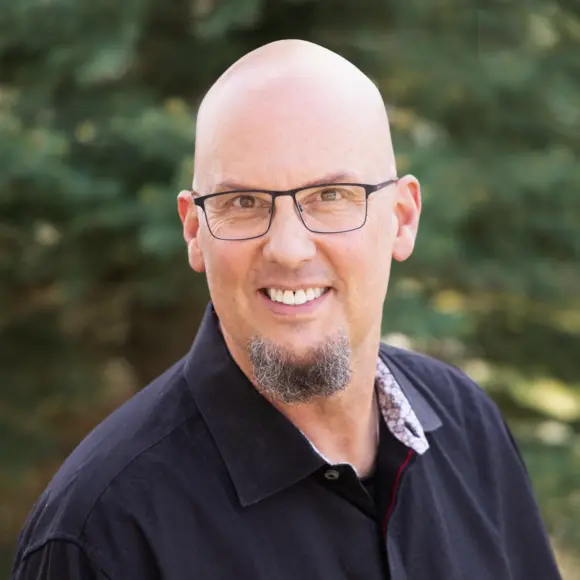
Co-Founder Primary Therapist
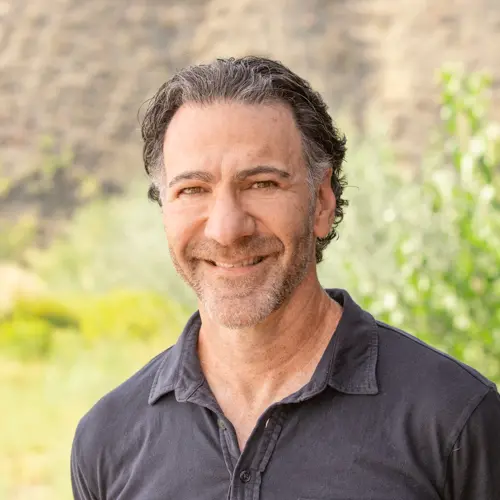
Primary Therapist Clinical Director
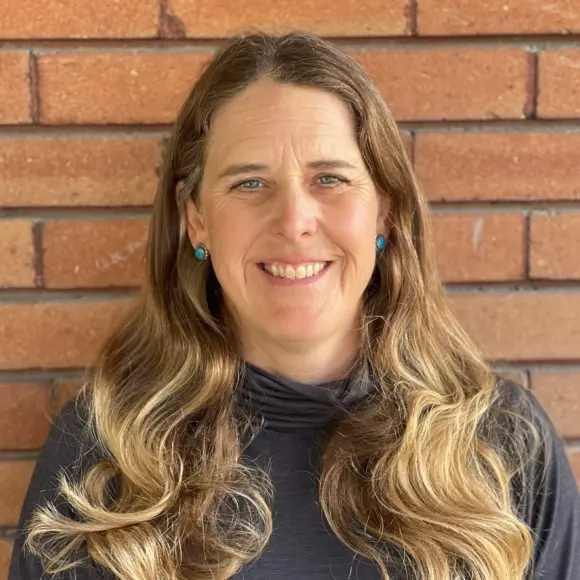
Primary Therapist
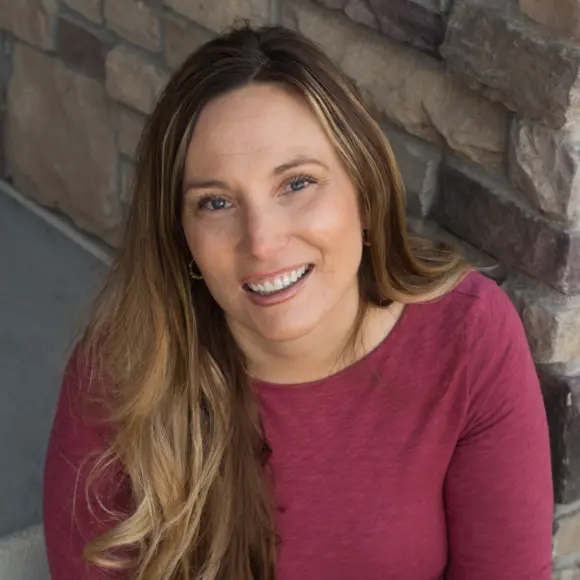
Psychiatric Nurse Practitioner
Contact Information
382 West Main Street
Duchesne, UT 84021

